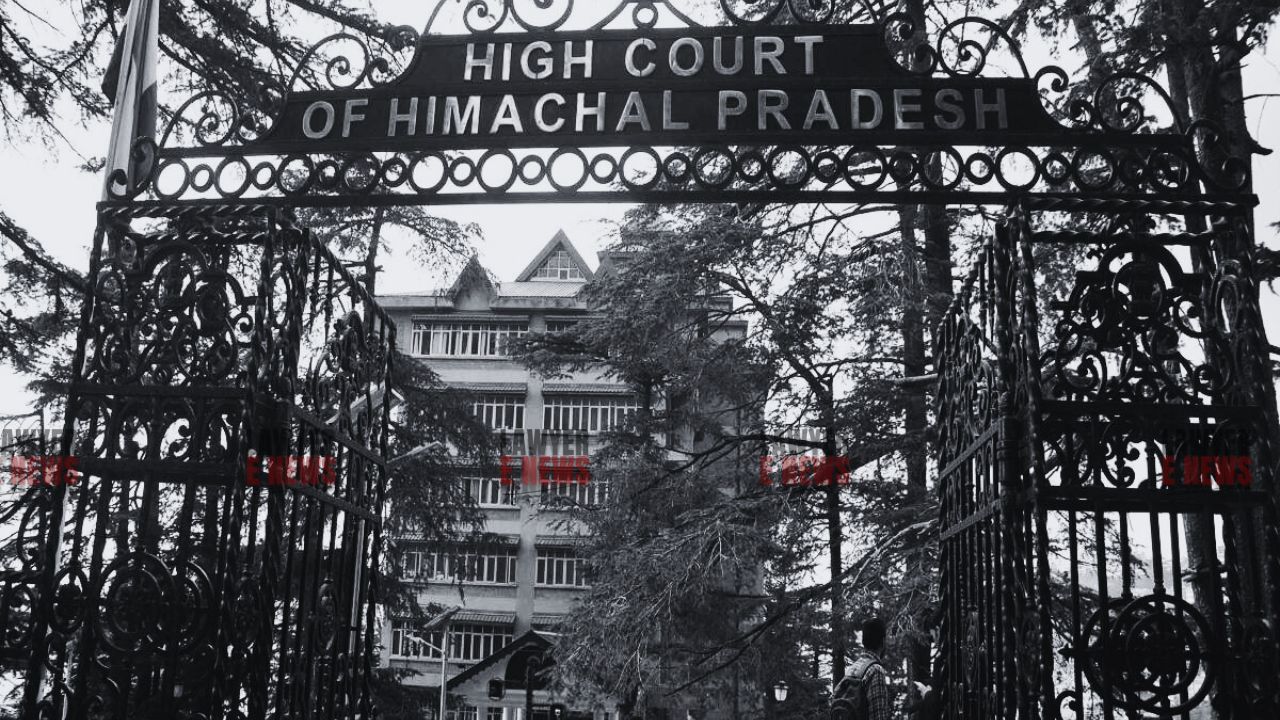-
by Admin
15 February 2026 5:35 AM



The Himachal Pradesh High Court has acquitted Charan Dass in a high-profile case involving charges of rape, kidnapping, and abetment of suicide. The court upheld the trial court's decision, emphasizing the insufficiency of medical evidence and the lack of clear causation between the accused’s actions and the victim's death.
On April 22, 2009, the victim, a minor, left her home to visit her father in Nahan Jail. After being pickpocketed and stranded in Bilaspur, she was approached by Charan Dass, who took her to the house of Sukh Ram in Village Delag. During the night, the victim alleged that Charan Dass attempted to rape her and administered a black pill. The next day, the victim was found in distress and taken to a hospital, where she later died due to asphyxia caused by poison ingestion. The trial court acquitted both accused due to a lack of concrete evidence, and the state appealed the decision.
The court highlighted the importance of clear and reliable medical evidence in such cases. It noted, "The victim did not give any history of the consumption of poison, and the Medical Officer could not find any symptom of the poisoning." The statement made by the victim did not specify whether she consumed the pill herself or if it was administered to her, leading to ambiguity regarding the cause of death.
The court observed that the victim's initial statements were not consistent with the circumstances surrounding her death. Her statement indicated that she consumed a black pill taken from Charan Dass's bag but did not specify that it was administered forcefully. This lack of specificity undermined the prosecution's case that the accused abetted her suicide by administering poison.
The judgment discussed the principles of evaluating evidence in cases involving poison consumption. It reiterated that clear medical evidence is crucial to establish causation in such cases. "The statement made by the victim cannot constitute the circumstances relating to her death and the same cannot be admitted as a dying declaration," the court stated. Furthermore, no traces of aluminium phosphide, the poison identified as the cause of death, were found in the substances recovered from the accused, weakening the prosecution's case.
Justice Rakesh Kainthla remarked, "There is no proof that the pill consumed by the victim was aluminium phosphide. She would not have taken the pill of aluminium phosphide accidentally because of its pungent odor; hence the statement made by the victim cannot even constitute the circumstances relating to her death and the same cannot be admitted as a dying declaration"The Himachal Pradesh High Court's decision underscores the necessity of clear, corroborative medical evidence in cases involving poisoning. The acquittal of Charan Dass and the emphasis on the limitations of the victim's statement as a dying declaration highlight the court's commitment to upholding the principles of justice. This judgment is likely to influence future cases involving similar charges, stressing the importance of thorough medical and forensic investigations.
Date of Decision: June 19, 2024
